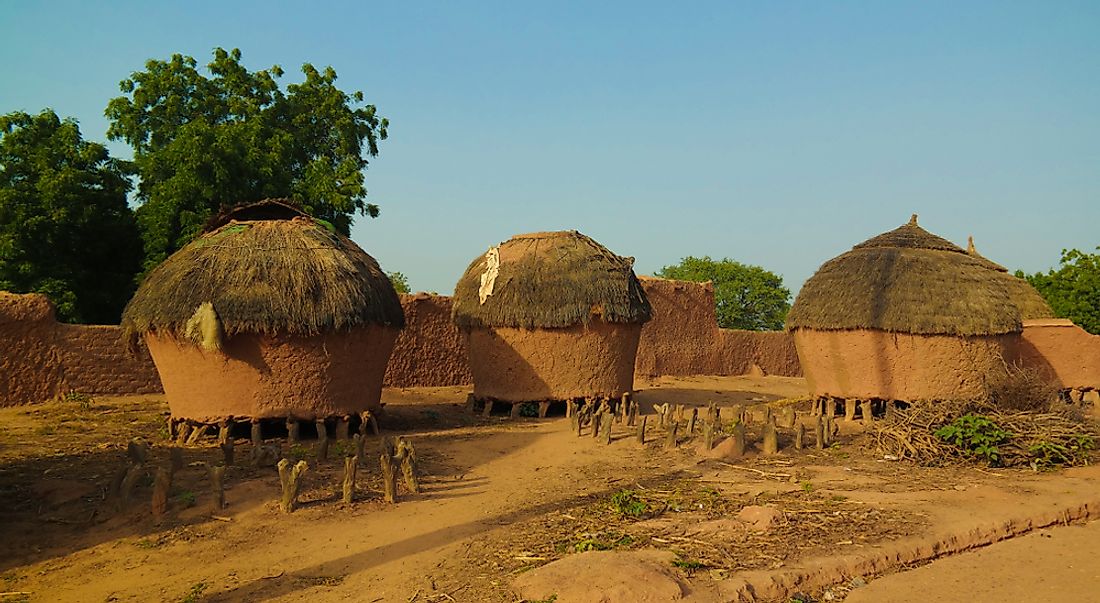Who are the Hausa People?

The Hausa people make up the largest ethnic group in the African continent. The Hausa are mainly in western Africa, and they are found in Nigeria and Niger, where they number about 70 million people. The Hausa people also found in the Central African Republic, Cameroon, Republic of Congo, Togo, Chad, Ghana, Ivory Coast, Equatorial Guinea, Eritrea, Gambia, Gabon, and Senegal. Nigeria has the highest number of Hausa people, which number about 55 million, and they are found in the northwestern part of Nigeria, which has been referred to as the Hausaland. The Hausa are among the largest community of people in towns and cities in Nigeria such as Kano, Abuja, Kastina, Bauchi, Birnin Kebbi, Sokoto, Makurdi, Lafia, and Suleja, among others.
Who are the Hausa People?
Religion
The Hausa people are predominantly Muslim; the Islam religion is widespread in North and West Africa, which was introduced in the region by traders from Mali, North Africa, Guinea, and Borno. Other minority Hausa people practice a more traditional way of life. Hausa traditional religion is known as Maguzawa.
Language
The Hausa language is the most popular language in sub-Saharan Africa. It is estimated that about 35 million people have Hausa as their first language, and about 20 million speakers use Hausa as their second language. The majority of Hausa speaking people are concentrated in the north of Nigeria and Niger. The language is also widely used by ethnic groups such as the Tuareg, Fulani, Gur, Kanuri, Arabs, Shuwa, and other Afro-Asiatic communities. The Hausa language uses Arabic characters in writing, and almost 1/4 of the words in the language are borrowed from Arabic, and consequently, most of the Hausa people can read and write in Arabic because of the similarity. The language is also the lingua Franca among the Muslims in non-Hausa regions.
Food
The Hausa people have various types of food which are prepared in a variety of ways. The most common include corn, rice, millet, or sorghum which is typically grounded into flour to prepare a meal popularly known as Tuwo, which could be consumed with any type of soup such as Taushe, Dagedage, and Kaka among others. Bean cakes are also common among the Hausa people, and they are known as Kosai. The Hausa people are livestock herders, and therefore they consume meat in abundance, particularly beef. They have a delicacy of grilled beef such as Kilishi, Suya, and many others. Milk from cows known in the Hausa language as Nunu is consumed with Fura, which is among the most treasured meals. The Hausa people also have vegetables such as carrots and onions, which are used in the preparation of different meals.
Other Hausa Traditions
The Hausa people are fond of tribal marks which are drawn on their faces and occasionally on different parts of the body. It is believed that these markings were used for identification and at some point every village or clan had their own unique tribal markings that made it easier for either of them to identify their kin whenever there was war, invasion, or when one is lost. Traditional marriage in the Hausa tribe is based on Islamic rites, and it typically takes a short time and not as elaborate compared to marriage in other traditions such as the Yoruba or the Igbo peoples.
Who are the Hausa People?
| Rank | Country | Estimated Hausa Population |
|---|---|---|
| 1 | Nigeria | 55,622,000 |
| 2 | Niger | 10,486,000 |
| 3 | Benin | 1,028,000 |
| 4 | Ivory Coast | 1,035,000 |
| 5 | Cameroon | 386,000 |
| 6 | Ghana | 281,000 |
| 7 | Chad | 287,000 |
| 8 | Sudan | 500,000 |
| 9 | Togo | 21,000 |
| 10 | Gabon | 12,000 |











